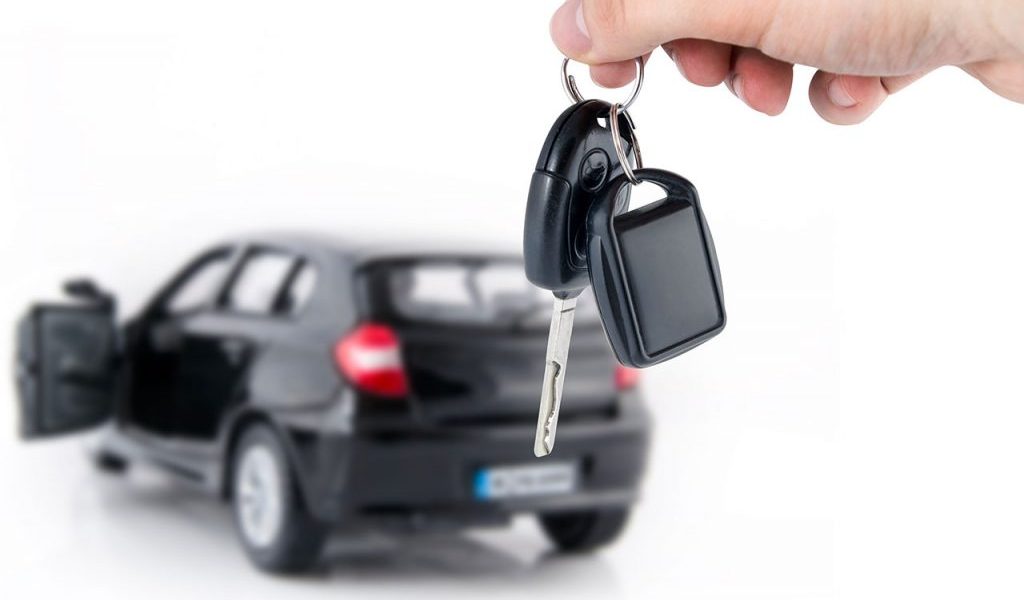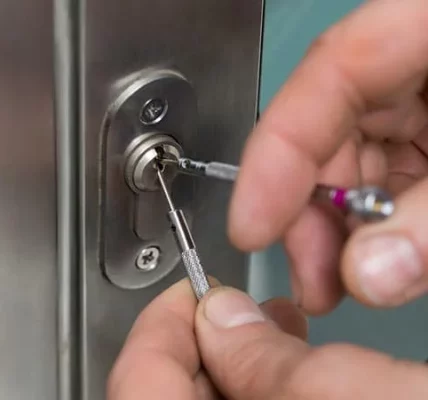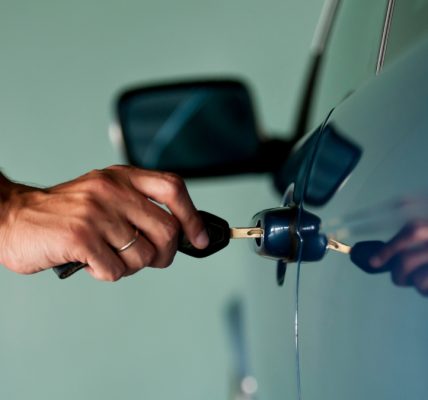If you’re in need of Car Key Replacement DC, due to lost, stolen, or damaged keys, here’s how you can go about it:
- Contact a Locksmith: Search for reputable locksmiths in the Washington, D.C. area that offer car key replacement services. Look for companies with positive reviews and established reputations.
- Call for Assistance: Contact the locksmith and provide them with details about your car make, model, and year, as well as your location. Be clear about your need for a key replacement.
- Verify Credentials: Ensure that the locksmith you contact is licensed, insured, and experienced in car key replacements. You can ask for their license number and verify it if necessary.
- Mobile Services: Many locksmiths offer mobile services, meaning they can come to your location to replace your car key. This is especially convenient if you’re locked out of your vehicle.
- Transponder Keys: If your car uses a transponder key (a key with an electronic chip), make sure the locksmith has the capability to program the new key to work with your vehicle’s immobilizer system.
- Get a Quote: Ask for a quote for the car key replacement service, including any additional charges for programming, labor, or emergency services.
- Compare Prices: Contact a few locksmiths to compare prices and services. While you want a reasonable price, prioritize the quality of service and the locksmith’s reputation.
- Provide Proof of Ownership: In most cases, locksmiths will require proof of ownership to ensure that they’re not assisting with car theft. Have your driver’s license, vehicle registration, and other relevant documents ready.
- Ask About Warranty: Inquire if the locksmith provides any warranty on their work, especially if they’re programming a transponder key. A reputable locksmith should stand behind their services.
- Review the Work: Once the locksmith has replaced the key, test it to ensure it works properly to unlock and start your car.
- Payment: Pay for the services rendered as agreed upon. Some locksmiths may accept various forms of payment, including cash, credit cards, or digital payment methods.
- Keep a Spare Key: After the replacement, consider getting a spare key made to avoid being in a similar situation in the future.
Always exercise caution and make sure you’re working with a legitimate locksmith. Scammers can take advantage of emergency situations. Verify the locksmith’s credentials, ask for identification when they arrive, and only proceed with the service if you feel comfortable and confident in their professionalism.


